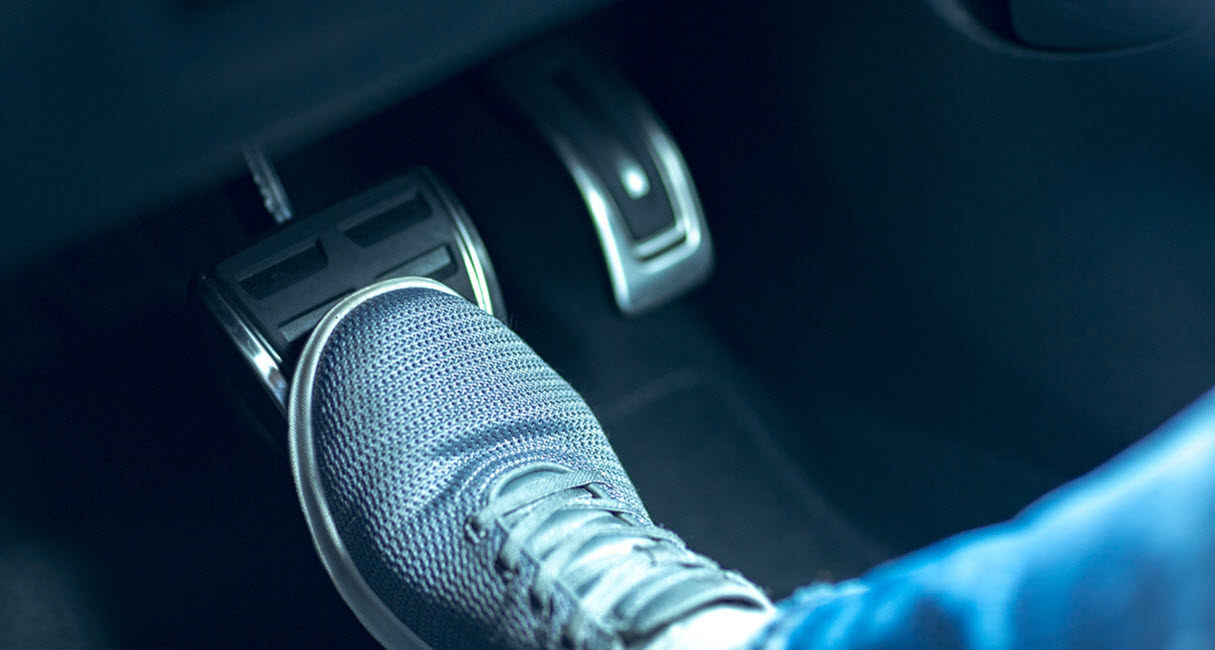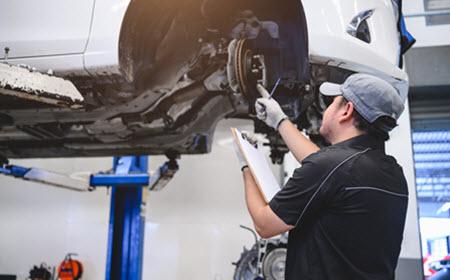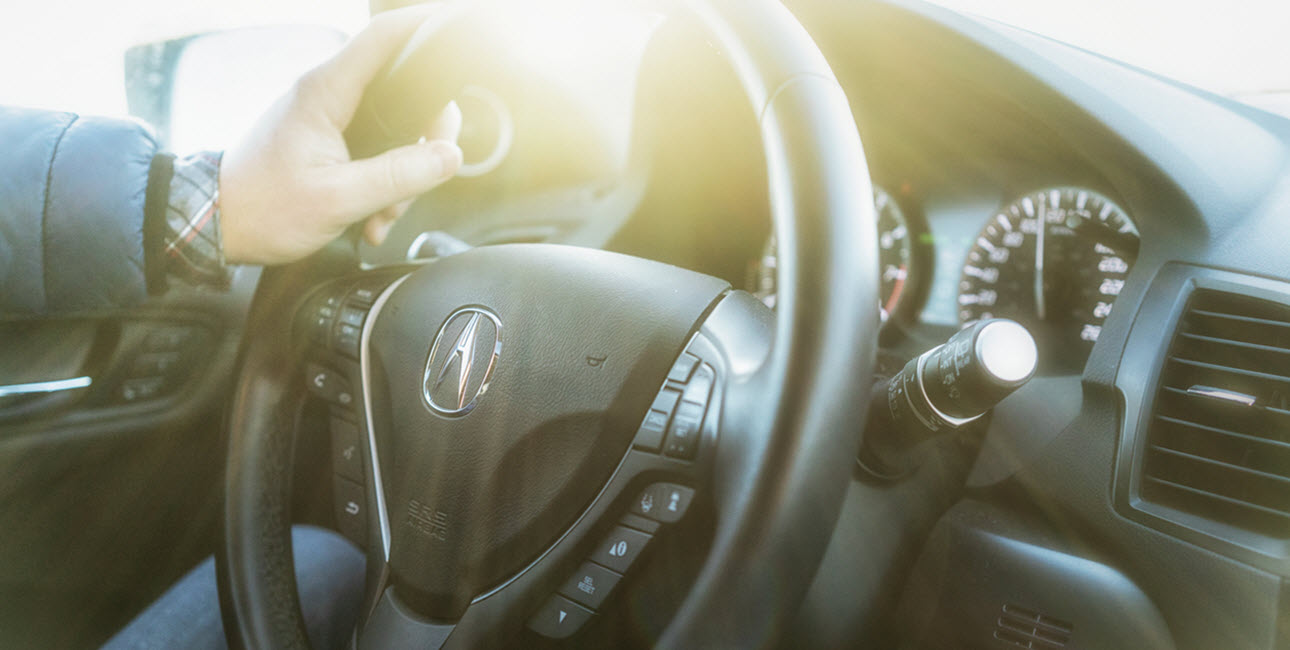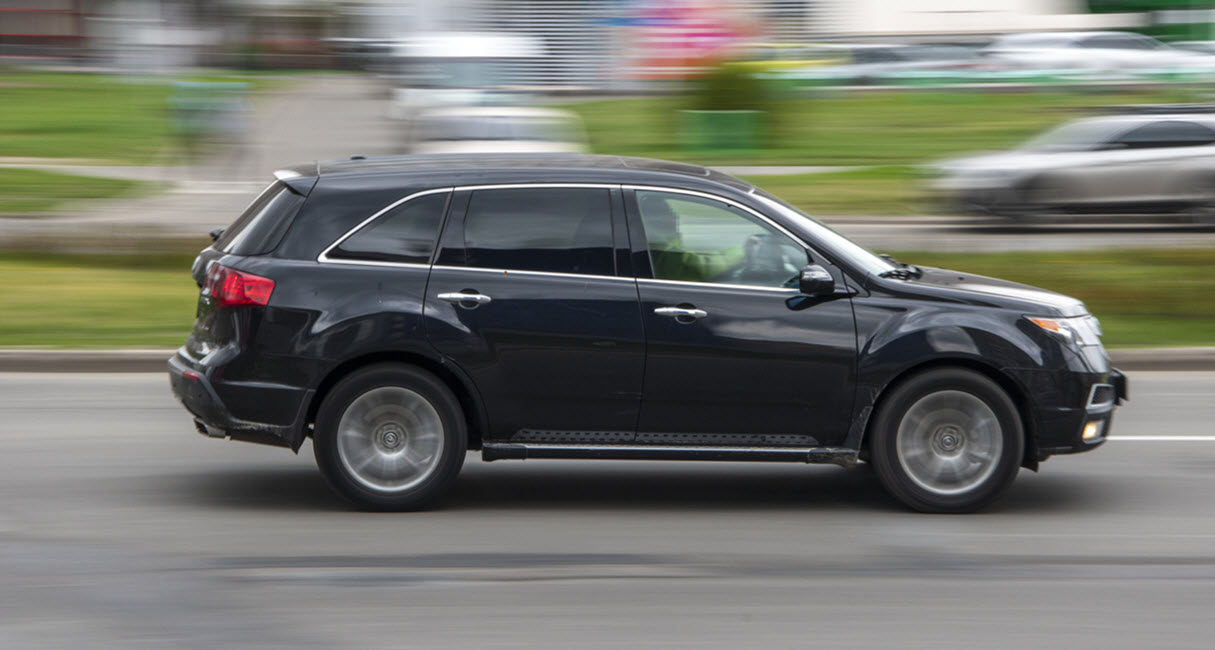
Birmingham’s Best Garage to Repair Acura Brake Problems
Acura drivers often expect nothing less than a harmonious blend of performance and safety. Among the various components that contribute to this, the brakes are the most crucial element. The braking system is a complex network of components that work seamlessly to slow down and stop your Acura. However, brake problems can emerge, and understanding how this system works with other car parts is essential for addressing and preventing more issues.
The Acura Braking System
Before going into the specifics of Acura brake problems, let’s take a moment to understand the anatomy of a typical braking system. Acura, like other reputable automakers, employs a hydraulically operated, disc-based braking system. Here’s how it works:
- Brake Pedal: When you press the brake pedal, it activates a master cylinder. This pedal-to-master cylinder connection is your direct link to the braking system.
- Master Cylinder: The master cylinder is the heart of the braking system. It contains brake fluid, and when you apply pressure to the pedal, it sends hydraulic pressure through the brake lines.
- Brake Lines: Brake lines are tubes that carry the hydraulic fluid to the brake calipers and wheel cylinders at each wheel.
- Calipers and Wheel Cylinders: These components are responsible for squeezing the brake pads against the brake rotors (discs) to create friction and slow down the vehicle.
- Brake Pads and Rotors: The brake pads are lined with friction material and are in constant contact with the brake rotors. When you apply the brakes, the pads clamp onto the rotors, generating the necessary friction to halt the vehicle’s motion.
Now that we have a basic understanding of the braking system’s components, let’s explore the problems and how they affect the braking mechanism.
Common Acura Brake Issues and How To Resolve Them
Brake Pad Wear
One of the most common brake problems that Acura owners may encounter is brake pad wear. Over time, the friction material on the brake pads gradually wears out, leading to reduced braking performance and increased stopping distances.
Regular inspection and maintenance are key to addressing this issue. Acura recommends inspecting your brake pads during routine service intervals. If your brake pads are worn below a certain thickness, they should be replaced promptly. Replacing brake pads is a relatively straightforward process, but it’s essential to have a qualified technician perform the task to ensure proper installation and safety.
Spongy or Soft Brake Pedal
A soft or spongy brake pedal can be a frustrating issue for Acura owners. It can lead to decreased brake responsiveness and an uncomfortable driving experience.
This problem is often caused by air in the brake lines or a brake fluid leak. Bleeding the brake system to remove air or repairing any leaks should resolve the issue.
Brake Fluid Contamination
Brake fluid can become contaminated over time, leading to a decrease in braking performance and potential damage to the brake components.
Regular brake fluid flushes are essential to address this problem. Brake fluid should be replaced according to the manufacturer’s recommended intervals, typically every two years or as recommended by your mechanic. Flushing the brake fluid ensures that it remains clean and free from moisture, which can cause corrosion and affect brake performance.
Brake Rotor Wear and Warping
Brake rotors, also known as brake discs, are another critical component of the braking system. They work in conjunction with the brake pads to slow down and stop your vehicle. Over time, brake rotors can wear down or warp due to the intense heat generated during braking.
If you notice vibrations or pulsations when braking, it may be a sign of brake rotor issues. In such cases, having your brake rotors inspected and resurfaced or replaced if necessary is crucial. Resurfacing can often address minor issues, but severe warping or wear may require rotor replacement.
ABS (Anti-lock Braking System) Malfunctions
Most Acura models are equipped with advanced safety features, including the Anti-lock Braking System (ABS). The ABS prevents wheel lockup during hard braking, helping you maintain control of your vehicle in emergency situations.
If your ABS warning light illuminates on your dashboard, it’s essential to address the issue promptly. Malfunctions in the ABS system can compromise your vehicle’s ability to brake safely in emergency situations.
Where to Go for Your Acura Brake Issues
When it comes to addressing Acura brake  problems, you can count on us at Franklin Automotive. We are trusted by Acura drivers from Hoover, Homewood, Vestavia, Mountain Brook, Pelham, Trussville, and Birmingham, AL, and we have the expertise and experience to keep your Acura brakes in top-notch condition. Don’t hesitate; call us now for reliable brake solutions!
problems, you can count on us at Franklin Automotive. We are trusted by Acura drivers from Hoover, Homewood, Vestavia, Mountain Brook, Pelham, Trussville, and Birmingham, AL, and we have the expertise and experience to keep your Acura brakes in top-notch condition. Don’t hesitate; call us now for reliable brake solutions!
 2880 Acton Road,
2880 Acton Road,





